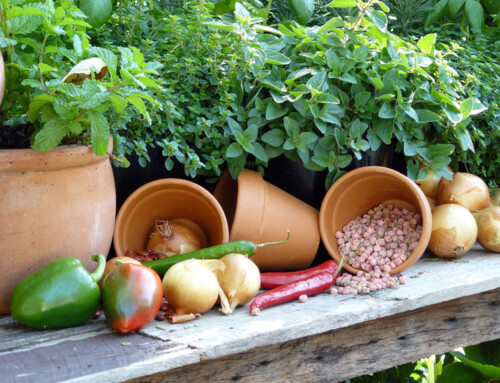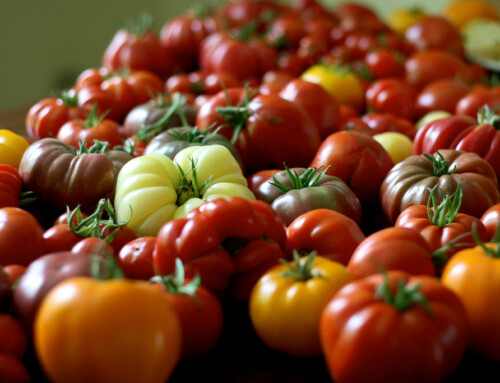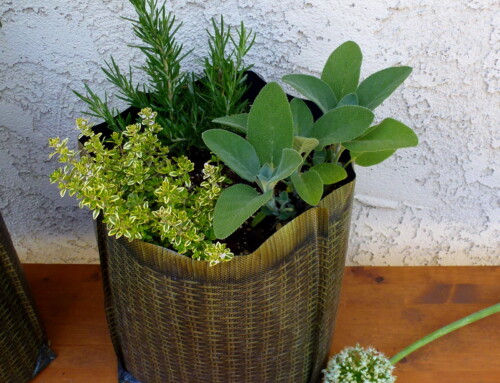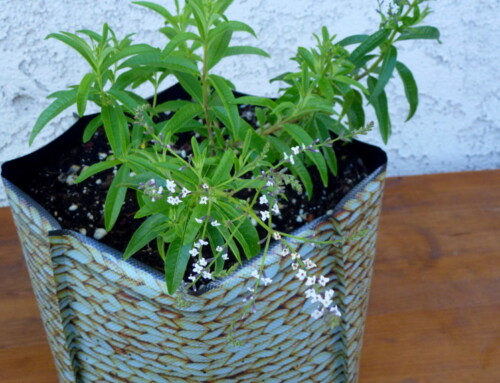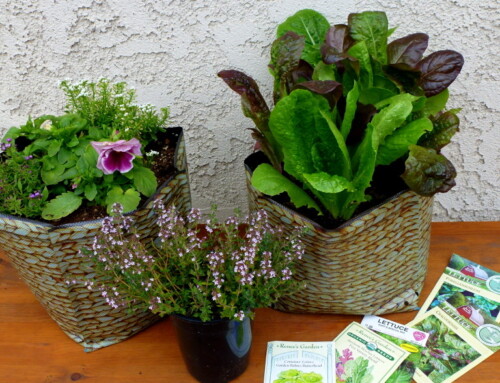The fountain of youth turns out to be good eating. The following short article by Gary Kline provides food for thought.
The Story of Khfaf Lasuria of Russian Georgia
By: Gary Kline
There are thousands of incredible stories to know about and reflect upon. I should say astonishing because incredible means, literally, not to be believed, whereas I’m talking about believable stories or occurrences which verge on the mind-boggling. Such is one story about 130 year old Khfaf Lasuria of Russian Georgia back about 1973. The story was featured in National Geographic (or Nat Geo for the mono-syllabled internet stupefied) and is reported on by Dr. Ronald F. Schmid in the book Traditional Foods Are Your Best Medicine (1987). Oh yeah, books are those things made of paper with printed ink on them.
Schmid is a Naturopathic doctor who once practiced in Washington and in Oregon. He is, in one attribute, a disciple of the great nutritionist, Dr. Weston A. Price, and also author of The Untold Story of Milk (2003). The National Geographic story was authored by Dr. Alexander Leaf, physician and professor at Harvard who visited the locales of reputed centenarians (people who have lived past 100 years of age). One of those locales is in Georgia, then a province of Russia that sits astride the Caucasus Mountains dividing Europe from Asia from which Caucasian whites and India Indians are thought to have originated.
Stories about the legitimacy of centenarian claims to be far older than 100 years of age (and usually concentrated in mountainous regions where streams are mineral-rich), have long been challenged and supposedly debunked. Schmid does a masterful job of demolishing such debunking attempts, largely by evidence in baptismal records and other means. In other words, the centenarians are authentic and generally are the age they say they are. Khfaf was over 130 at the time of being interviewed and is credited with the statement “every day is a gift when you are over 100”.
What’s so amazing about these centenarians in Russian Georgia, in the Hunza valley of Pakistan (now India?) and the Vilcabama Valley of southern Ecuador, is not that they are very old, but that they are so surprisingly robust, agile, and able to recall most of their life experiences. To get ahead of the story, this comes down to diet, exercise, and a simple lifestyle close to the earth; things we’ve gotten away from or which have gotten away from us, due to the lure of convenience. Before going further, I should mention that the story of Hunza people truly is mind-boggling, but I’m leaving that aside for now.
At the age of 130 plus, Khfaf had only recently retired from her job as a tea leaf picker on a collective farm where she still held the record of fastest picker. But retired didn’t mean tired for Khfaf, she stayed active (go to pages 54 and 55 in the book). Khfaf (how do you pronounce that with just one vowel?) not only took care of herself, but regularly took bus rides to visit relatives in a distant village, kept a garden, and raised chickens and pigs. Yes, she ate them too—she was an omnivore and lacked ethics. Furthermore, she smoked and drank vodka and wine made from grapes she grew herself. As Schmid noted, the wine was a source of enzymes, minerals, and other nutrients.
In the Russian Caucuses Mountains of Georgia, census records indicated that in 1975 there were 1,844 people over 100 years old. Those mountains, incidentally, are the ancestral home of the apricot, which formerly existed as virtual forests; sad. Here’s the other amazing thing (and a lesson for our severely sickened society): following a visit to the Vilcabamba Valley, a centenarian researcher, named Dr. Davies, was able to report not only that the age claims were authentic, but the centenarians were lucid, agile, and active in old age. They did not get cancer, heart disease, diabetes, high blood pressure and other diseases afflicting modern cultures—unless they came down into the villages and began eating refined foods. Put that in your pipe and smoke it.
GLK
© 2012 Gary L. Kline
All Rights Reserved
Black Lake Organic
4711 Black Lake Blvd. S.W.
Olympia, WA 98512
(360)786-0537
info@blacklakeorganic.net
www.blacklakeorganic.com



